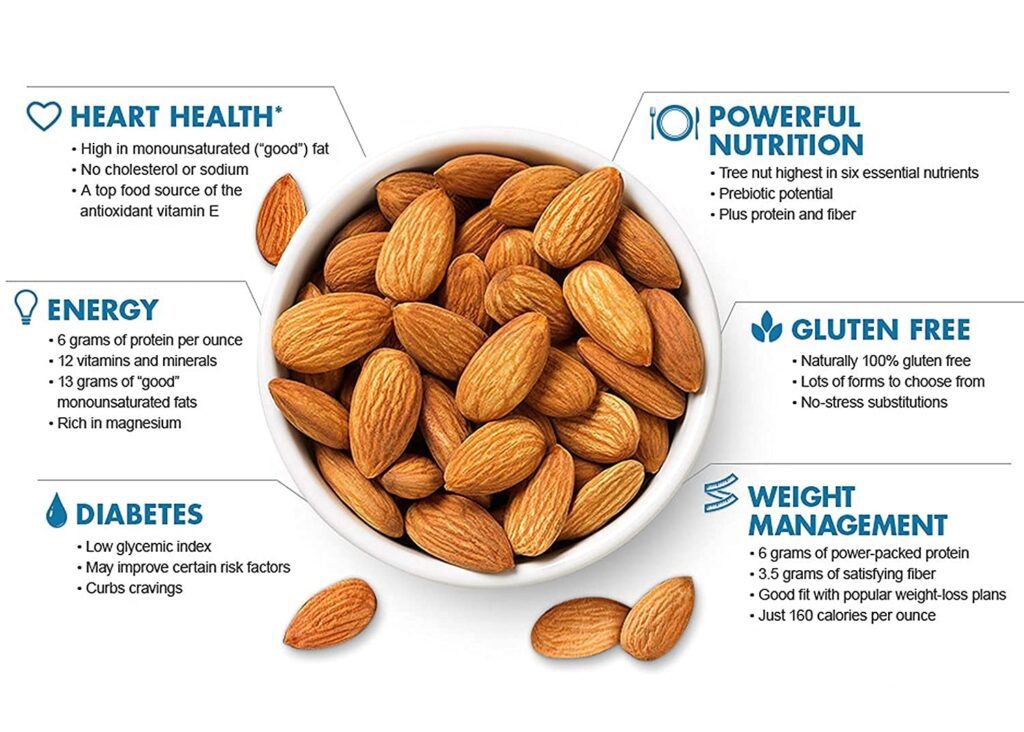Why Dry Fruits Are a Must for Pakistani Winters

As Why Dry Fruits Are a Must for Pakistani Winters descends across Pakistan, bringing with it chilly winds and crisp mornings, one thing becomes a staple in every household — dry fruits. Whether it’s a handful of almonds with breakfast or a warm cup of kahwa served with dates and figs, dry fruits are a seasonal favorite. But their popularity isn’t just about taste or tradition — dry fruits offer a powerhouse of health benefits, making them an essential part of the winter diet.
1. Natural Warmth for Cold Days
Dry fruits are known to generate heat in the body, which helps combat the cold. Nuts like almonds, walnuts, and pistachios are packed with healthy fats and calories, which keep the body warm and provide long-lasting energy. This is particularly beneficial in areas like northern Pakistan, where temperatures can drop significantly during the winter months.
2. Boosted Immunity During Flu Season
Winters often bring with them an increase in flu, colds, and other seasonal illnesses. Dry fruits are rich in essential vitamins and antioxidants that help strengthen the immune system. For example, almonds are high in Vitamin E, which helps fight off infections, while dates and raisins contain natural sugars and iron that help build stamina and improve blood circulation.
3. A Traditional Superfood in Pakistani Culture
In Pakistani households, dry fruits have long been regarded as a sign of hospitality and festivity, especially in winter. From weddings to family gatherings, bowls of mixed dry fruits are a common sight. The practice of gifting dry fruit hampers is deeply rooted in the culture, and it’s considered a gesture of care and health.
4. Great for Brain and Heart Health
Nuts like walnuts and almonds are especially beneficial for brain function and heart health. Walnuts contain omega-3 fatty acids, which support cognitive function and reduce inflammation. Almonds help regulate cholesterol levels and improve heart health. Including them in your daily winter diet is a smart move for long-term wellness.
5. Ideal Snack for Kids and Elders Alike
Whether it’s growing children or aging parents, dry fruits offer nutritional value for every age group. They’re a quick, mess-free, and energy-dense snack, perfect for lunchboxes or mid-day munchies. Plus, they are far healthier than processed snacks that are high in sugar or sodium.
6. Support Digestive Health

Figs (anjeer) and prunes are known for their natural laxative properties. They help in maintaining a healthy digestive system, which can sometimes slow down in the winter due to decreased physical activity. Just a few dried figs soaked overnight can work wonders for your gut health.
7. Easy to Store and Prepare
One of the best things about dry fruits is that they require no cooking or preparation. They have a long shelf life, making them easy to store and enjoy throughout the season. Whether mixed into oatmeal, added to warm milk, or eaten as is, they fit seamlessly into any diet.
Final Thoughts
Dry fruits are more than just a seasonal treat — they’re a nutritional necessity during the cold months in Pakistan. With their warming properties, immune-boosting powers, and deep cultural roots, they are truly a winter essential. So, this season, stock up on almonds, walnuts, pistachios, dates, and figs, and let nature’s superfoods keep you cozy, energized, and healthy all winter long.


Great postings With thanks.
casino en ligne
Thank you, I appreciate it.
casino en ligne
Whoa plenty of amazing tips.
meilleur casino en ligne
Thank you! I enjoy this.
casino en ligne
You made your point quite nicely..
casino en ligne francais
You actually reported it really well.
casino en ligne
Kudos! I enjoy this!
casino en ligne
Thanks a lot, Lots of tips!
casino en ligne francais
Many thanks, Lots of postings.
casino en ligne
You actually suggested it exceptionally well.
casino en ligne fiable